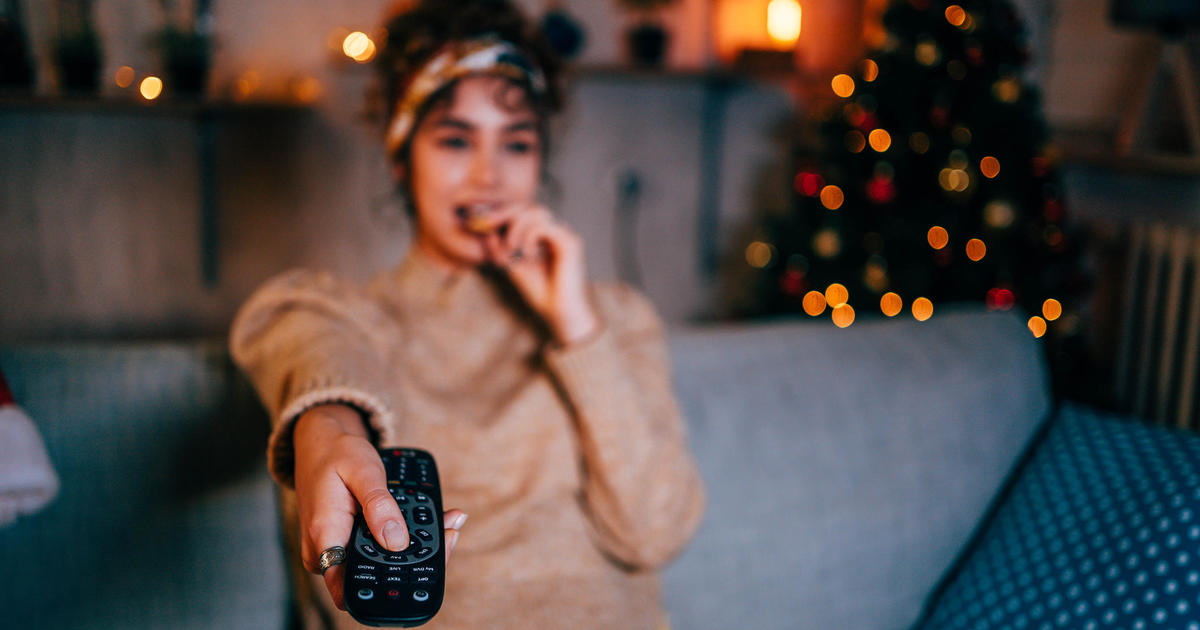

Why Your Brain Loves Cheesy Holiday Movies: A Psychologist's Perspective The twinkling lights, the predictable plot twists, the impossibly perfect snow – cheesy holiday movies aren't exactly known for their cinematic brilliance. Yet, year after year, we flock to them, embracing their saccharine sweetness with open arms. Why? As a psychologist, I can offer some compelling reasons rooted in our brain's wiring. Firstly, these films tap into our innate need for predictability and comfort. In a world increasingly characterized by uncertainty and chaos, the familiar tropes of holiday movies offer a soothing balm. We know the basic structure – a grumpy protagonist will find redemption, a seemingly impossible romance will blossom, and everything will be wrapped up in a neat, feel-good bow by the final credits. This predictability activates our brain's reward system, releasing dopamine, a neurotransmitter associated with pleasure and satisfaction. It's a cognitive hug, a safe space for our brains to relax and unwind. Secondly, cheesy holiday movies evoke strong feelings of nostalgia and warmth. Many viewers associate them with cherished childhood memories – family gatherings, cozy nights in, the anticipation of presents. This nostalgic activation triggers the release of endorphins, further enhancing our sense of well-being. The familiar holiday music, the imagery of decorated trees and snowy landscapes, act as powerful cues, triggering these positive associations and transporting us back to simpler, happier times. Moreover, these movies fulfill our desire for social connection and belonging. The heartwarming narratives often center on themes of community, family, and forgiveness – fundamental human needs. Watching characters overcome obstacles together and find solace in their relationships reinforces our own desire for connection and belonging. This vicarious experience of positive social interaction can be particularly comforting during the holiday season, a time when feelings of loneliness or isolation can be amplified. Finally, the often-over-the-top sentimentality of these films taps into our emotional core, fostering a sense of hope and optimism. Even if the plot is unrealistic, the message is usually clear: love conquers all, kindness matters, and miracles can happen. This injection of positive emotion can be incredibly powerful, boosting our mood and providing a much-needed dose of optimism, especially during a potentially stressful time of year. In conclusion, our enjoyment of cheesy holiday movies isn't simply a matter of guilty pleasure. It's a complex interplay of neurological and psychological factors, satisfying our deep-seated needs for predictability, nostalgia, connection, and hope. So, grab your hot cocoa, snuggle up on the couch, and let the brain-boosting power of holiday cheer wash over you. Your brain will thank you for it.

'Tis the season for friends, family and cheesy .
Whether you're a fan of the or prefer the dozens of streamable and made-for-TV specials, experts say there's a reason holiday-themed movies are so popular — even the most corny and predictable. In fact, this is part of what keeps us coming back, says , a media psychologist and director of the .
"You would almost be disappointed if they weren't a little cheesy and predictable, because that's why you're there. You're there to have a feel-good movie," she says. "This lowers stress, and it reinforces feelings of hope and renewal and all of those things that Christmas is supposed to bring."
And while the city-girl-meets-hometown-guy plot line is often mocked for its clichéd overuse, Rutledge says the hint of romance in many of these film also speaks to our psychological need for social connection.
"It gives you hope that we will all find love and family," she says.
Rutledge says we particularly crave the predictably found in these movies since we're still bearing the psychological effects of the .
"For two and a half years, everyone's antennae were up and hypersensitive to any kind of threat," she explains. "(And we know) once you give someone , their brain doesn't just automatically go back. This hyper vigilance makes people anticipate threat rather than look for the good things."
Add in social unrest, an and worrying , it's no wonder we're looking for ways to escape to something more light-hearted and magical.
"After every big trauma like that, people get very afraid and they're looking for ways to feel more comforted," Rutledge says. "Obviously aren't going to solve world problems, but it's a place where you can go and your brain has the reassurance of being able to anticipate something and having that be the case."
Sometimes the corniest holiday movies are the best, Ben Hoogland, a licensed marriage and family therapist, He enjoys watching different versions of "The Grinch" with his kids, for example.
"We just like to have movies that we have these happy memories of being together as a family and having the same experience watching the same movie," Hoagland said.
The holiday season itself can be stressful, making these movies an easy go-to for relaxation during a busy time of year.
"These movies can act as 'cinema therapy,' where you can relax (and) have a little stress relief," Allison Eden, associate professor of communications at Michigan State, recently told . "You don't have to work too hard to enjoy it. It's not like there's going to be a twist ending or a surprise to shock you to your core. They're just gentle, comfort, feel-good movies that can really help you this time of year particularly."
The most stressed you'll feel during most holiday movies? A silly, low-conflict misunderstanding between love interests that you know will be resolved by the end.
"The brain responds to that whole journey with both the dopamine of reward of having it turnout like you wanted to, but also the oxytocin release when you're talking about feelings of warmth and connection and love. So sort of a win-win," Rutledge says.
If you think you can find the same win-win in other forms of media, it may be harder than you think. People often use social media as a ways to escape, for example, but it's not always the pick-me-up you may be looking for.
"The trouble with social media is you really never know what you're going to come up against," Rutledge says. "You can find happy things, but you can also find things that trigger all of our different insecurities."
This story has been updated to correct Allison Eden's name.




